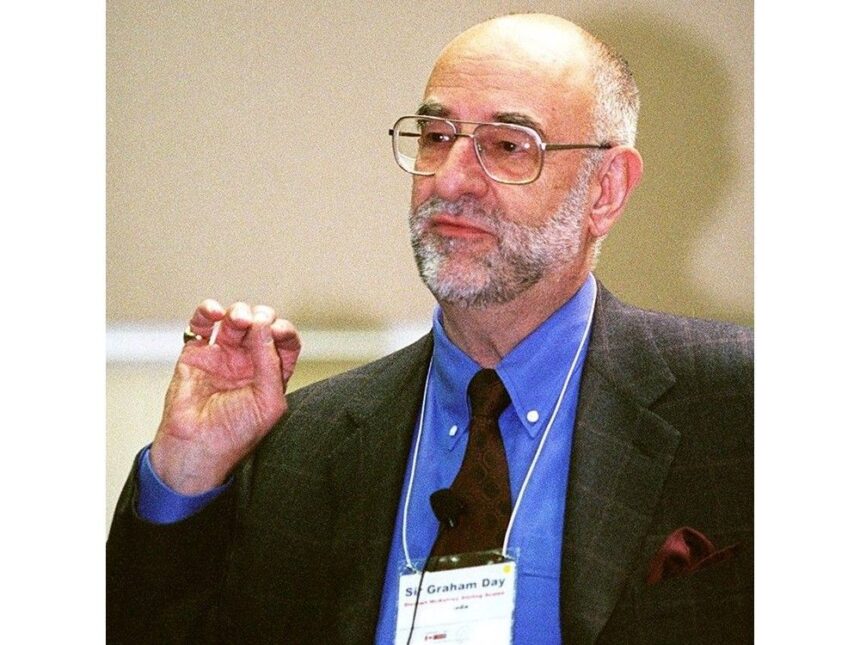The Canadian business landscape lost one of its towering figures with the passing of Sir Graham Day, a Nova Scotia-born corporate leader whose influence extended far beyond our borders to reshape major industries across the United Kingdom. Day, who passed away on June 22 at age 91, leaves behind a remarkable legacy as both a business strategist and a transformative figure in privatization efforts that redefined corporate governance in the late 20th century.
“Canada has lost a great citizen,” remarked former Nova Scotia premier John Hamm, who served alongside Day on corporate boards following their respective careers in politics and business. “Graham was a proud Canadian who never forgot his roots despite achieving international acclaim.”
Day’s most prominent achievement came when British Prime Minister Margaret Thatcher appointed him as chairman of British Shipbuilders in 1983 and later Rover Group, the struggling British automaker. His mandate—to prepare these state-owned enterprises for privatization—earned him the moniker “Thatcher’s privatization czar” in British media circles. Under his leadership, Rover Group was successfully sold to British Aerospace in 1988, a transaction that embodied Thatcher’s economic vision for Britain.
Born in Halifax and raised in Hantsport, Day’s journey began far from the boardrooms of London. After earning his law degree from Dalhousie University, he joined Canadian shipping giant Canadian Pacific before taking his expertise to British Shipbuilders. This transition marked the beginning of his international corporate influence that would eventually see him knighted by Queen Elizabeth II in 1989 for his services to British industry.
“He was the most distinguished business leader that Nova Scotia has ever produced,” noted Donald Sobey, the late Canadian business magnate who maintained a close friendship with Day. The respect Day commanded crossed political and geographical boundaries, with leaders from various sectors acknowledging his sharp intellect and strategic vision.
Following his work in the UK, Day returned to Canada where he continued to shape corporate Canada as chairman of several major companies, including Sobeys, Scotia Investments Limited, and Empire Company Limited. His leadership extended to academic realms as well, serving as Chancellor of Dalhousie University from 1994 to 2001.
Day’s management approach was characterized by clear-eyed pragmatism and unwavering focus on efficiency. “He was brilliant at analyzing problems and determining solutions,” said Jim Gogan, former president of Scotia Investments who worked closely with Day. “His ability to cut through complexity and identify core issues made him exceptional in corporate restructuring situations.”
The privatization wave that Day helped pioneer in the UK eventually influenced similar movements worldwide, including in Canada, where crown corporations faced increasing scrutiny regarding their efficiency and purpose in modern economies. His work fundamentally challenged assumptions about state ownership of industry at a pivotal moment in economic history.
Beyond his professional achievements, colleagues remember Day as someone who maintained his Maritime humility despite his knighthood and international acclaim. He remained connected to his Nova Scotia roots throughout his career, contributing to business development and education in the region.
As Canada’s business community reflects on Day’s contributions, his legacy raises important questions about the evolving relationship between government and industry in today’s economic landscape. In an era of renewed debates about the role of state intervention in markets, how might Day’s pioneering work in privatization inform current approaches to economic policy and corporate governance?
For a generation of Canadian business leaders, Sir Graham Day exemplified how homegrown talent could make a global impact while maintaining strong connections to their origins—a model of excellence that continues to inspire aspiring business leaders across the country.






















